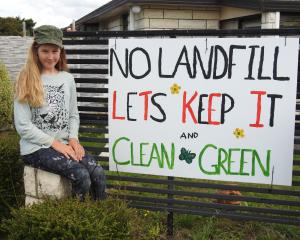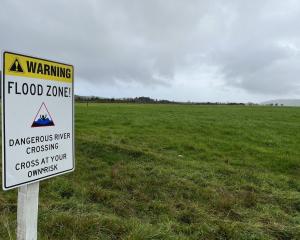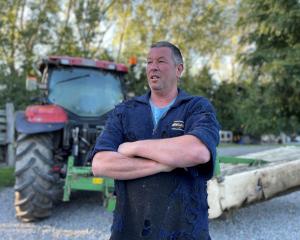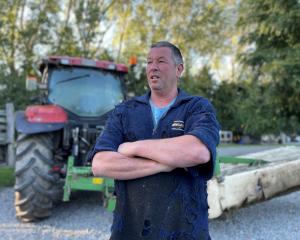Smell and noise tests have been criticised by a West Coast regional councillor who says a lack of technology is not good enough.
In the January-March quarter, 31 environmental complaints and incidents were logged by the council.
During the period, the council received four specific complaints about a Coal Creek site and a "strong odour" from a landfill.
In the first, an after-hours on-call council officer identified "a very subtle" odour.

In the second incident, the council received two calls about a strong odour from the site but council staff visiting could not detect any odour.
In the third incident, council compliance staff on the roadside below the site identified the smell coming from above which disappeared shortly afterwards.
For the fourth callout, after-hours council staff detected nothing. There was no wind at the time.
In a separate investigation, the council also failed to agree on reports of a strong sewage smell around Blaketown for four days.
And when locals complained of a strong odour of tar from a late-night resealing operation in Greymouth, council staff could only detect a slight odour.
Cr Peter Ewen questioned the methodology where council officers "sniffed the air" to investigate complaints as it seemed subjective.
"Whilst it might be ‘slight’, slight doesn’t come into it."
He asked if the consent condition for the Coal Creek site was "no odour outside the boundary".
Compliance manager Chris Barnes said it referred to no "objectionable odour" outside the boundary.
Cr Ewen said that too sounded subjective.
Mr Barnes said smell detection was based on wind.
"Often the notifications come in when it’s been still, then a wind comes up. By the time we get out there, unfortunately for the people notifying us, it’s gone."
Cr Ewen also noted a complaint in the report of a mine "exceeding noise requirements", near Hokitika.
But the site was not emitting excessive noise when both the regional and district councils followed up.
Mr Barnes said it relied on an officer "checking if the noise is excessive".
Cr Ewen said that seemed problematic given the technology available now.
"If we’ve got council officers going out without instrumentation, and relying on their view, we’re going to run into problems."
Mr Barnes said there was no agreement to use noise-detection equipment from the Westland District Council, as the noise control authority.
Cr Ewen said that was not good enough.
Cr Peter Haddock, a miner and contractor, said he believed noise testing was not as simple as holding up a decibel reader.
Mr Barnes said there were at least two methods the council could use.
But an initial assessment was required first before council commissioned technical noise testing.
— Brendon McMahon, Local democracy reporter
— LDR is local body journalism co-funded by RNZ and NZ On Air.












